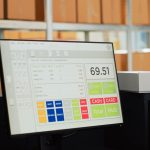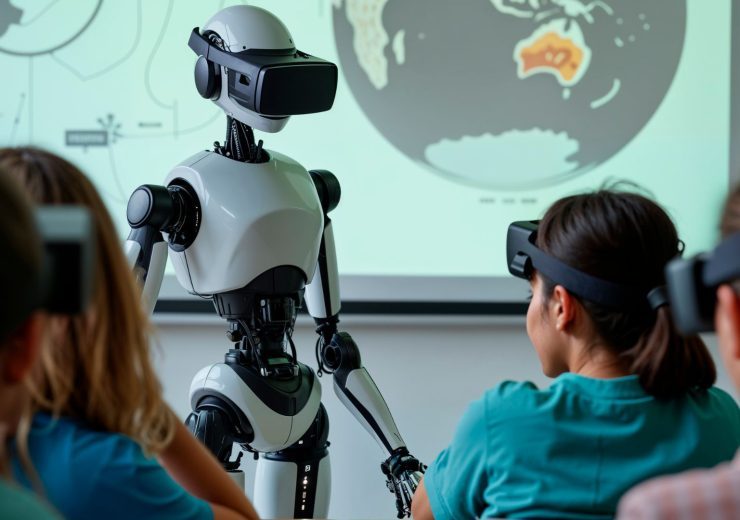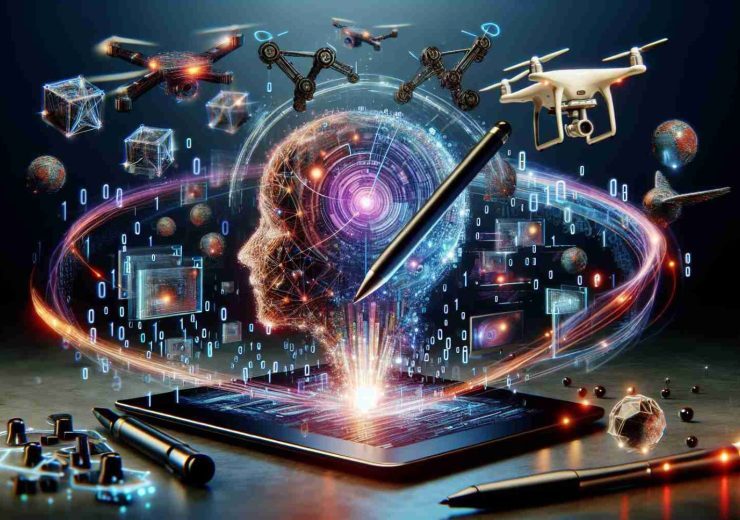AI’s Role in Advancing Autonomous Farming: A Leap Towards Sustainable Agriculture
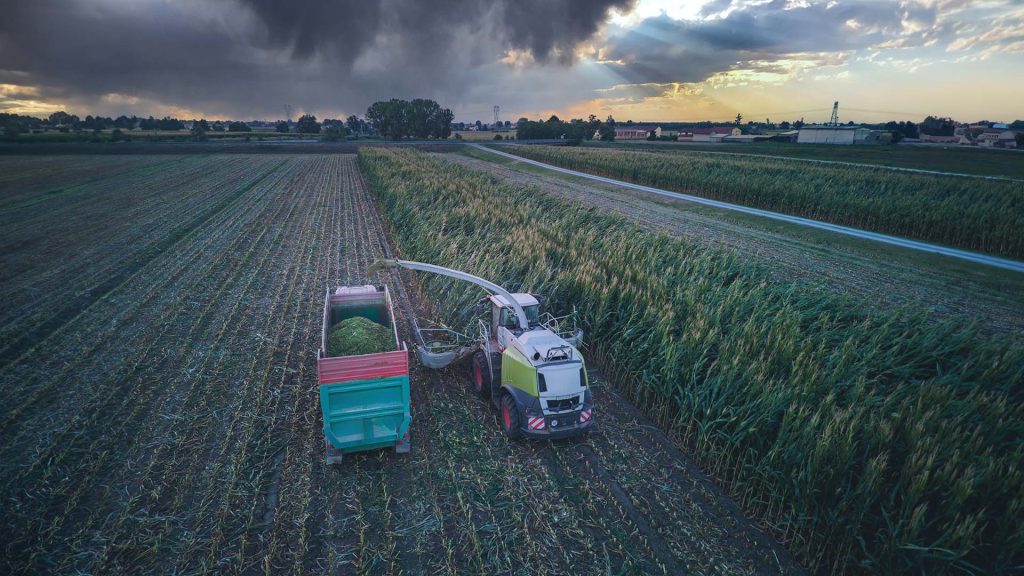
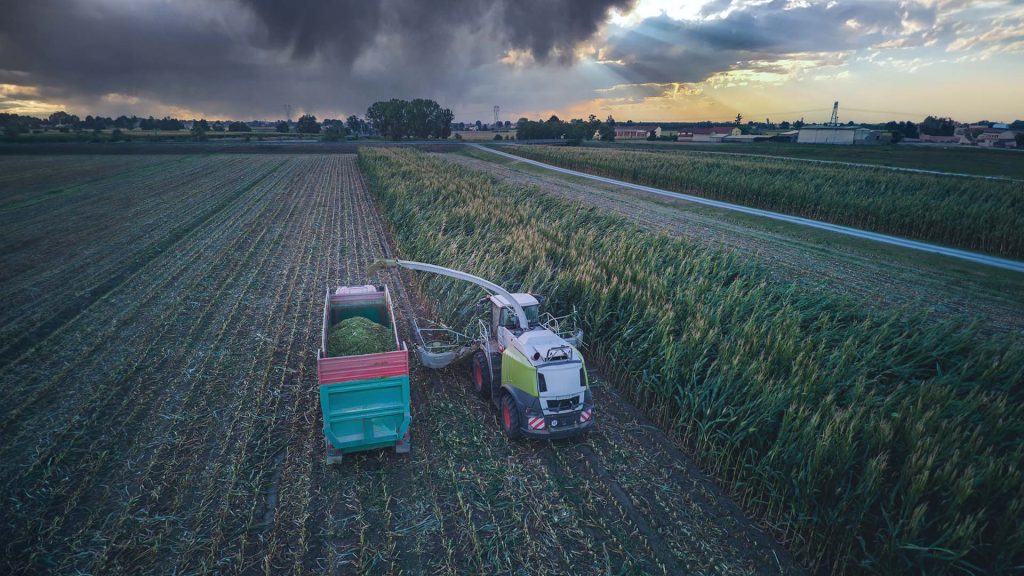
As the global population continues to rise, the demand for food production increases exponentially. Traditional farming methods alone cannot meet this demand sustainably. Enter artificial intelligence (AI), which is revolutionizing agriculture through autonomous farming techniques. At TGI, we are excited to explore how AI is shaping the future of farming. Let’s dive into this innovative transformation and explore 20 real-world examples demonstrating AI’s impact on agriculture.
What is Autonomous Farming?
Autonomous farming leverages AI, machine learning, robotics, and data analytics to automate agricultural processes. This includes planting, watering, harvesting, and monitoring crop health. The integration of these technologies not only enhances productivity but also promotes sustainable farming practices by reducing resource consumption and minimizing environmental impact.
AI Applications in Autonomous Farming
- Precision Agriculture: AI-driven tools like drones and sensors monitor crop health, soil conditions, and weather patterns to optimize resource usage. Precision agriculture ensures that every plant receives the optimal amount of nutrients, water, and sunlight. Trimble offers advanced GPS technology and data management solutions that allow farmers to map their fields and monitor crop health in real-time, leading to higher yields and more efficient resource use. Trimble
- Robotic Harvesting: AI-powered robots can identify and harvest crops with precision, increasing efficiency and reducing labor costs. Agrobot has developed a robotic harvester that uses computer vision to identify ripe strawberries and gently pick them, ensuring minimal damage to the fruit. This technology not only speeds up the harvesting process but also addresses labor shortages in the agricultural sector. Agrobot
- Autonomous Tractors: These self-driving tractors use AI to perform tasks like plowing, planting, and spraying without human intervention. John Deere’s autonomous tractor integrates GPS technology, sensors, and AI algorithms to navigate fields with precision. This reduces the need for manual labor and ensures that farming operations are carried out efficiently, even in challenging conditions. John Deere
- Smart Irrigation Systems: AI algorithms analyze weather forecasts and soil moisture data to optimize irrigation schedules, conserving water. Netafim’s smart irrigation systems use sensors placed in the soil to measure moisture levels and apply water only when necessary. This approach not only conserves water but also improves crop yields by providing plants with the right amount of water at the right time. Netafim
- Crop Monitoring: AI-powered drones capture high-resolution images of fields to detect pest infestations and disease outbreaks early. DJI Agriculture’s drones are equipped with multispectral cameras that can identify stressed plants and areas affected by pests or diseases. This allows farmers to take corrective action before the problem spreads, protecting their crops and reducing losses. DJI Agriculture
- Weed Control: AI-driven machines distinguish between crops and weeds, applying herbicides only where needed. Blue River Technology’s “See & Spray” machine uses computer vision to detect weeds and precisely target them with herbicides. This reduces the amount of chemicals used, lowering costs and minimizing environmental impact. Blue River Technology
- Livestock Monitoring: AI systems monitor the health and behavior of livestock, ensuring timely intervention and improving animal welfare. Cainthus uses facial recognition technology to monitor cows’ health and behavior, providing farmers with insights into their animals’ well-being. This helps farmers detect illnesses early, improving animal health and productivity. Cainthus
- Yield Prediction: AI models predict crop yields based on historical data and real-time monitoring, aiding in better planning and resource allocation. Climate FieldView uses AI to analyze data from weather stations, satellite imagery, and field sensors to provide accurate yield predictions. This helps farmers make informed decisions about planting, irrigation, and harvesting, maximizing their productivity. Climate FieldView
- Supply Chain Optimization: AI optimizes the agricultural supply chain, from farm to table, ensuring efficiency and reducing waste. IBM Food Trust uses blockchain technology and AI to track food products from the farm to the consumer. This enhances transparency and traceability, helping to prevent food fraud and ensure food safety. IBM Food Trust
- Soil Analysis: AI tools analyze soil samples to determine nutrient levels and recommend appropriate fertilization. Taranis uses high-resolution aerial imagery and AI to analyze soil health and recommend customized fertilization plans. This ensures that crops receive the necessary nutrients for optimal growth, improving yields and reducing waste. Taranis
- Farm Management Software: AI-powered platforms assist farmers in planning and managing their operations efficiently. FarmLogs provides farmers with tools to track field activities, monitor crop health, and manage resources. Its AI algorithms analyze data to provide actionable insights, helping farmers optimize their operations and increase profitability. FarmLogs
- Predictive Maintenance: AI monitors farm equipment for potential issues, preventing breakdowns and minimizing downtime. Uptake’s AI platform analyzes data from farm machinery to predict when maintenance is needed, allowing farmers to address issues before they lead to costly repairs. This ensures that equipment operates smoothly and reduces the risk of unexpected breakdowns. Uptake
- Automated Greenhouses: AI controls greenhouse environments, optimizing conditions for plant growth. Autogrow’s greenhouse automation systems use sensors and AI algorithms to monitor and control temperature, humidity, and light levels. This creates the ideal environment for plants, improving yields and reducing energy consumption. Autogrow
- Aquaculture Management: AI systems manage fish farming operations, improving feeding efficiency and monitoring water quality. XpertSea’s AI platform analyzes data from sensors and cameras to monitor fish health and optimize feeding schedules. This ensures that fish receive the right amount of food at the right time, improving growth rates and reducing waste. XpertSea
- Insect Monitoring: AI tracks and predicts pest populations, allowing for targeted pest control measures. Trapview uses AI to analyze data from insect traps and predict pest outbreaks. This helps farmers take preventive action, reducing the need for chemical pesticides and protecting crops. Trapview
- Vertical Farming: AI optimizes vertical farming operations, maximizing yield in limited spaces. AeroFarms uses AI to monitor and control the growing environment in its vertical farms, ensuring optimal conditions for plant growth. This allows for the production of fresh, high-quality produce in urban areas, reducing transportation costs and environmental impact. AeroFarms
- Market Analysis: AI analyzes market trends and prices, helping farmers make informed decisions about when and what to sell. Farmers Business Network uses AI to provide farmers with insights into market conditions and pricing trends. This helps farmers maximize their profits by selling their products at the right time and at the best price. Farmers Business Network
- Drone Planting: AI-enabled drones plant seeds across large areas quickly and accurately. BioCarbon Engineering’s drones use AI to map the terrain and plant seeds at the optimal depth and spacing. This technology speeds up the reforestation process and ensures that trees are planted efficiently, helping to combat deforestation. BioCarbon Engineering
- Weather Forecasting: AI provides accurate weather predictions, helping farmers plan their activities effectively. The Weather Company uses AI to analyze weather data and provide precise forecasts, helping farmers make informed decisions about planting, irrigation, and harvesting. This reduces the risk of crop loss due to adverse weather conditions. The Weather Company
- Nutrient Management: AI systems recommend precise nutrient applications based on plant needs and growth stages. Yara International uses AI to analyze soil and plant data and provide customized fertilization recommendations. This ensures that crops receive the right nutrients at the right time, improving yields and reducing environmental impact. Yara International
Contact Us
Feel free to contact us at TGI to learn how we can help you implement AI technologies in your farming practices. Together, we can cultivate a smarter, more sustainable future.
